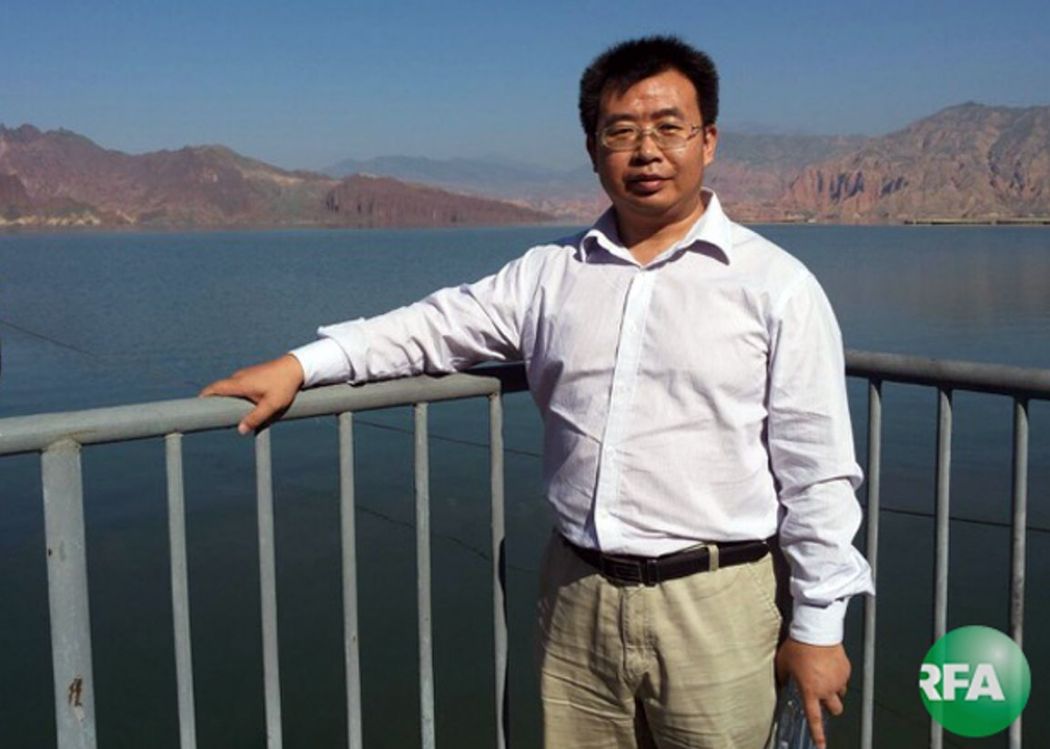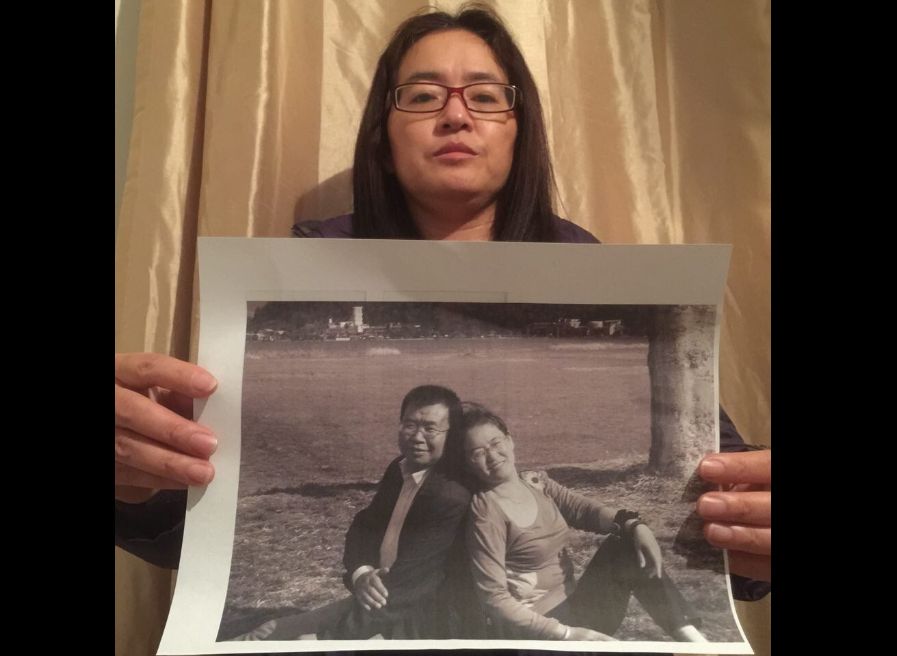A prominent Chinese human rights lawyer who disappeared late last year has been officially charged with “subversion of state power”, his wife said Monday, after his case attracted international attention.
Jiang Tianyong took on numerous high-profile cases, including those of Falun Gong practitioners, Tibetan protesters and victims of the 2008 contaminated milk powder scandal before being disbarred for his activism in 2009.
Jiang’s father received official notification of his arrest last Thursday, according to Jiang’s wife Jin Bianling, who currently lives in the US where she fled in 2013 to escape harassment from Chinese authorities.

The family has not had contact with Jiang since his sudden disappearance on November 21 en route from Beijing to Changsha, the capital of the central province of Hunan, where he had gone to enquire about a detained human rights lawyer.
In the six months since Jiang disappeared “we have not spoken, his lawyers have not been allowed to see him, and we didn’t know where he was being held,” Jin told AFP.
“Now at least we know where he is.”
See also: Video: Activist Jiang Tianyong ‘admits’ fabricating account of lawyer Xie Yang’s torture
Jiang’s treatment, according to Amnesty International China researcher Patrick Poon, “violates international human rights standards on protection of the rights to a legal counsel, and Jiang can no way be given a fair trial in such manner.”
‘State Secrets’
In the years leading up to his detention, Jiang had repeatedly met foreign officials and politicians, including high-ranking visitors from the US, to discuss China’s human rights situation.
UN Special Rapporteur on extreme poverty and human rights Philip Alston met Jiang on a visit to China in August and said he feared the disappearance was in part retaliation for the lawyer’s assistance to UN experts.

In written testimony to the US Congress last month, Jia said her husband’s troubles began after he addressed the legislature during a visit to the US in October 2009.
Jiang was placed under house arrest the following month, during a visit by then-US President Barack Obama to China, she said.
In the years since then he was repeatedly detained and beaten by police, she added.
“The long-term harassment and threats consumed me. I even thought of suicide,” she wrote, adding that police were also following his parents.
Jiang disappeared last November on his way to visit another rights lawyer, Xie Yang, who was detained in the “709 crackdown” of 2015.
Authorities in that crackdown detained more than 200 people, including lawyers who took on civil rights cases considered sensitive by the ruling Communist Party.

Last month Xie was found guilty of “subversion of state power” and released on bail after what critics described as a show trial.
See also: Video: Chinese human rights lawyer Xie Yang ‘confesses’ in exclusive ‘interview’
Jiang’s charge sheet was dated May 31 and issued by the procuratorate of Changsha city, the same jurisdiction where Xie went on trial, according to a copy seen by AFP.
Jiang’s arrest is part of a continuing tightening of controls on civil society that began in 2012, when President Xi Jinping took power.
While the government initially targeted political activists and human rights campaigners, it has increasingly turned its attention to the lawyers who represent them, closing avenues for legal activism that had opened up in recent years.
The outcome of Jiang’s case may be preordained: several state media outlets have reported that he has “confessed” to a variety of alleged crimes.
In March state broadcaster CCTV aired a video of Jiang, in which he said he had fabricated stories of human rights abuses to curry favour with Western media.
“We can’t imagine how a veteran human rights lawyer would suddenly make such confessions after having been so brave working on human rights cases for years,” said Poon.
“So the only sensible explanation is that he was forced to make the ‘confessions’.”
